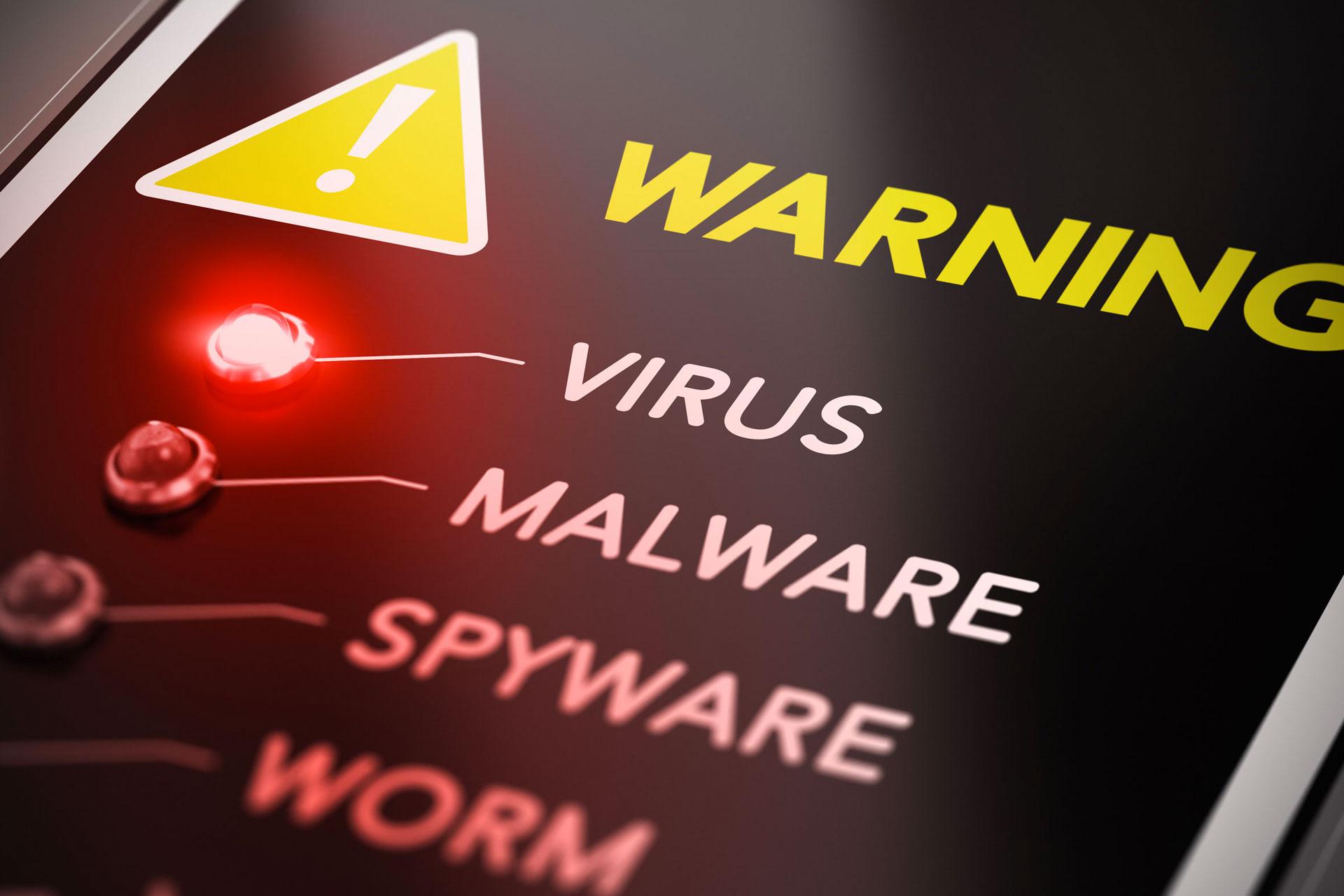As technology use explodes across businesses and sectors, the Philippines becomes an increasingly attractive target for cybercriminals. Unfortunately, this rise in digital adoption coincides with a lack of robust preventative measures, leaving individuals and businesses vulnerable to various malware attacks.
What is Malware?
Malware, short for malicious software, refers to any program designed to harm or exploit a device, user, or network. Cybercriminals deploy malware for various purposes, with information theft – financial, personal, or business-related – being the most common. These criminals employ multiple tactics, methods, and procedures (TTPs) to gain unauthorized access to sensitive data and accounts.
The Top Malware Threats in the Philippines
Here’s a breakdown of the eight most prevalent malware attacks plaguing Filipino users and businesses:
- Malvertising: Deceptive online advertisements that unknowingly install malware on user devices.
- Spyware: Software that secretly monitors user activity, stealing passwords, browsing history, and other sensitive information.
- Ransomware: This malware encrypts a victim’s files, rendering them inaccessible. After hacking into a system, the hackers demand payment for the decryption key to access the system’s encrypted data. Ransomware attacks are particularly damaging for businesses and government agencies, potentially causing millions in losses.
- Adware: Software that bombards users with intrusive and often aggressive advertisements, such as pop-ups.
- Hybrid Malware: A combination of different malware types. For instance, a Trojan might act as a gateway for a worm to spread across a network.
- Trojans: Disguised as legitimate applications, Trojans trick users into executing malicious code that can compromise their systems.
- Virus: A self-replicating program that infects other programs with its harmful code. Viruses are notoriously tricky to remove.
- Worm: Like a virus, a worm can spread rapidly across networks, replicating itself without user interaction.
The Impact of Malware on Philippine Businesses
The Philippines’ unique position and developing socio-economic landscape create a breeding ground for cybercrime. Factors like online anonymity, legal and geographical challenges in prosecuting cybercrimes, and the abundance of potential victims make the Philippines attractive to cybercriminals. This ultimately translates to a risk of more organized criminal activity, potentially threatening the nation’s economic and political stability.
Safeguarding Businesses from Malware
A comprehensive cybersecurity plan is crucial for businesses in today’s interconnected world. This plan should protect sensitive data from theft, destruction, or ransomware attacks and minimize disruptions to operations caused by malware incidents.
Combating the Threat
The Philippine National Police (PNP) has established an Anti-Cybercrime Group (ACG) to tackle cybercrime head-on. The ACG emphasizes the importance of public-private partnerships, international cooperation, public awareness campaigns, and robust legal frameworks to fortify cybersecurity in the Philippines.






